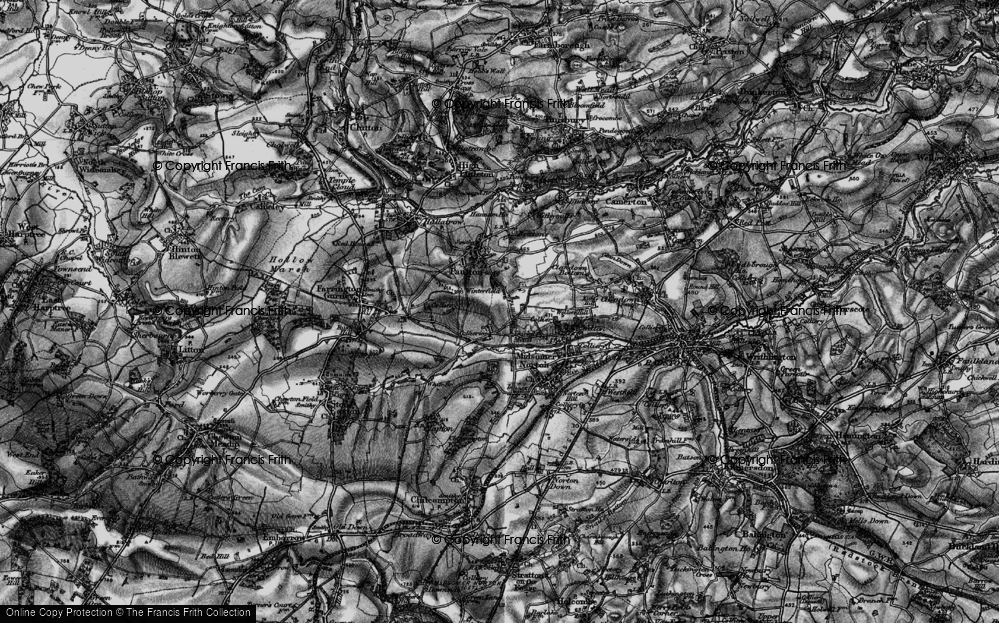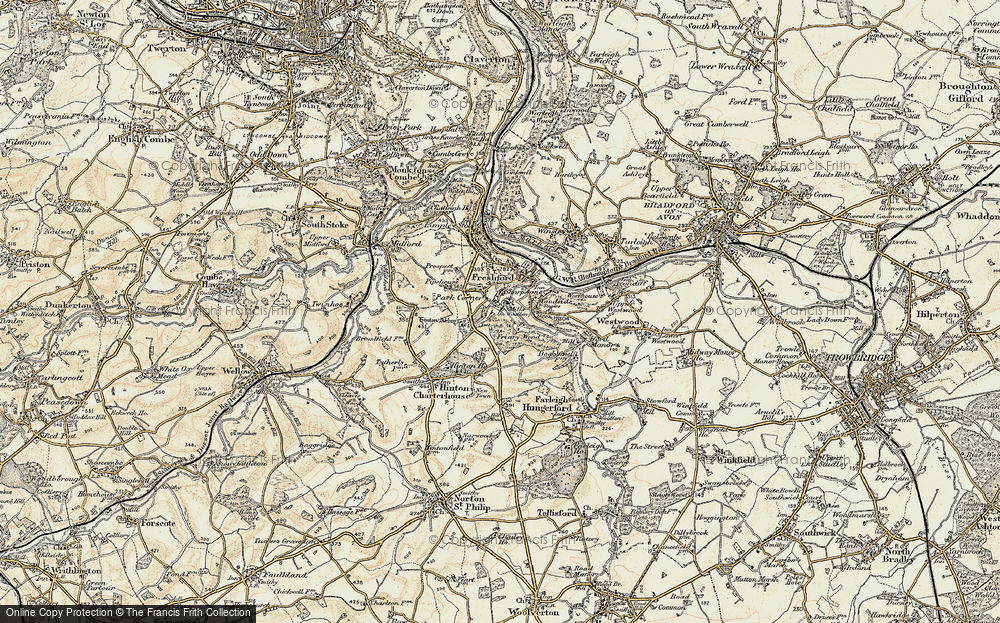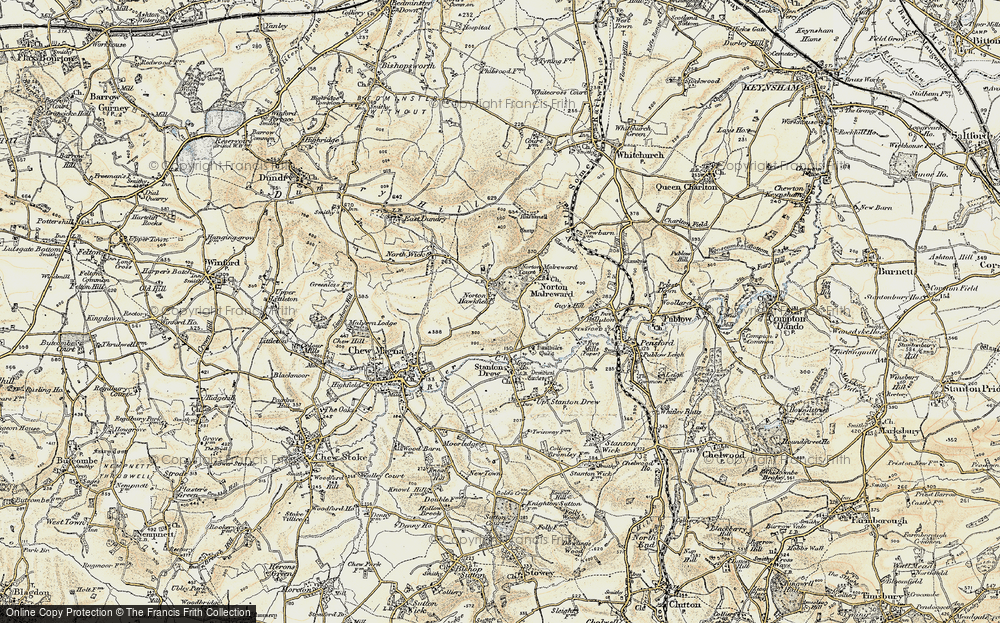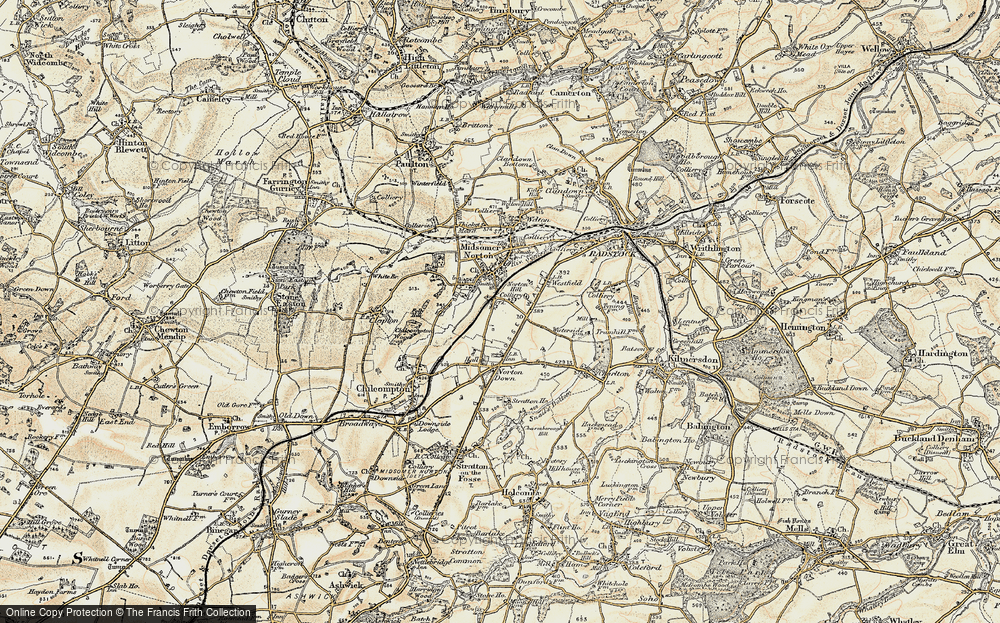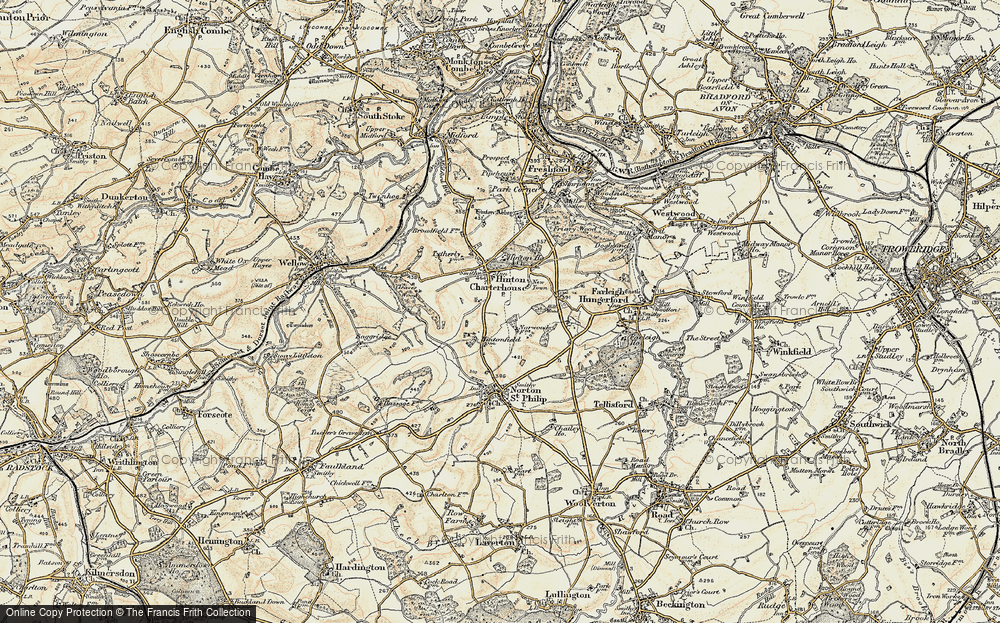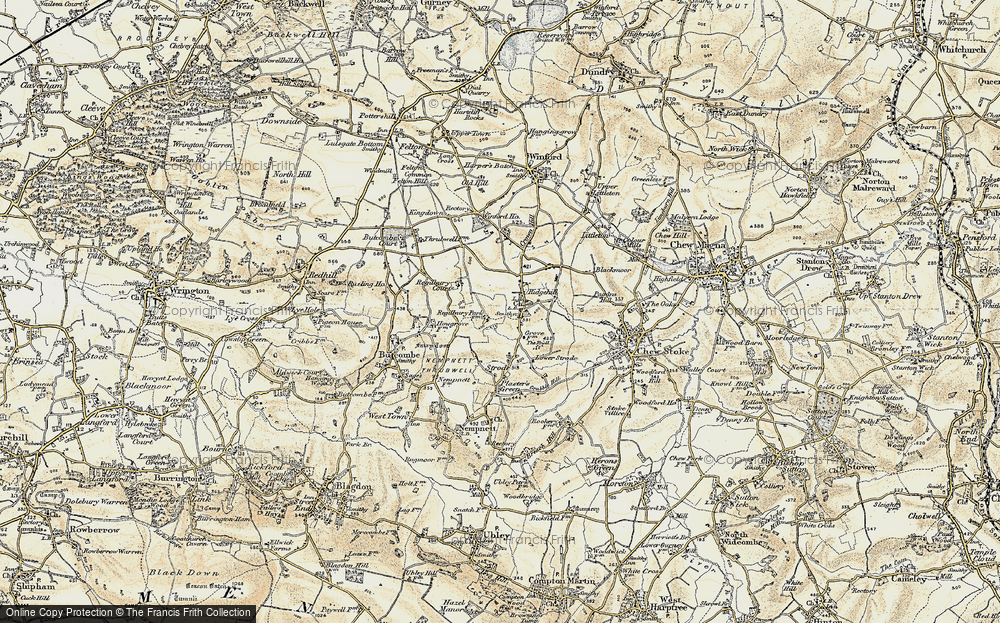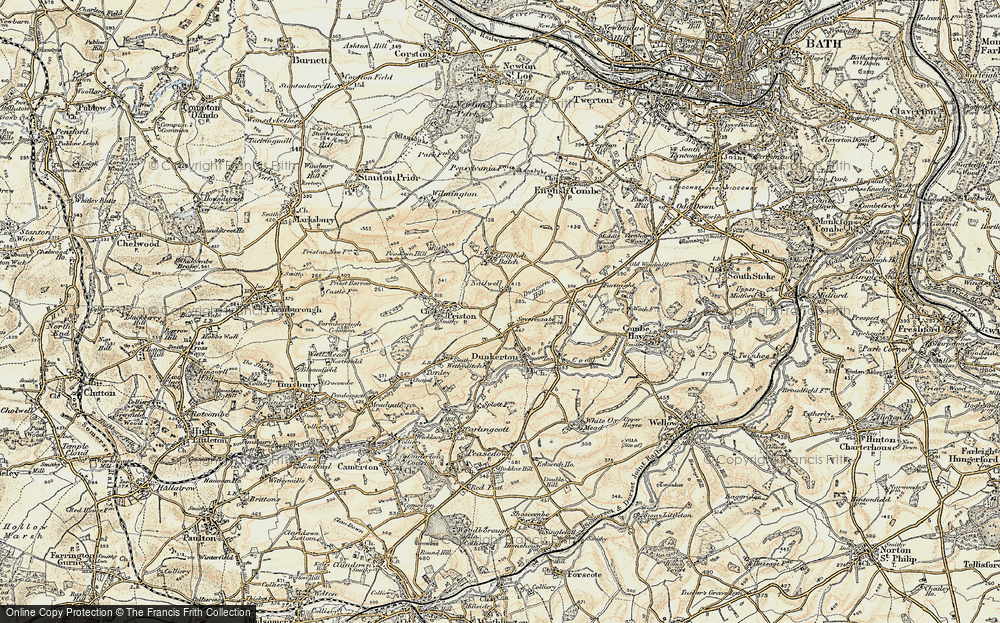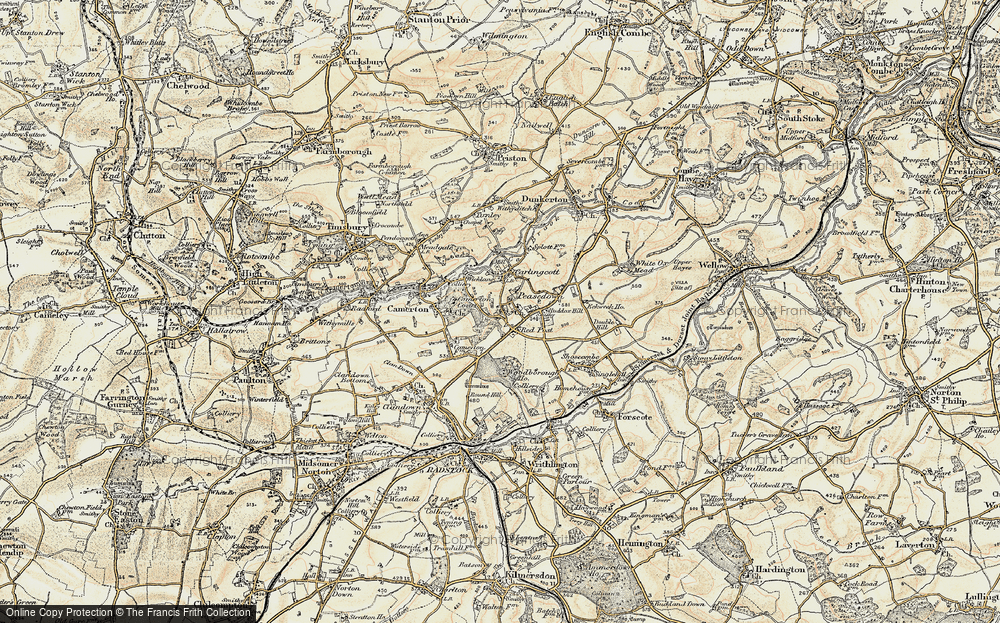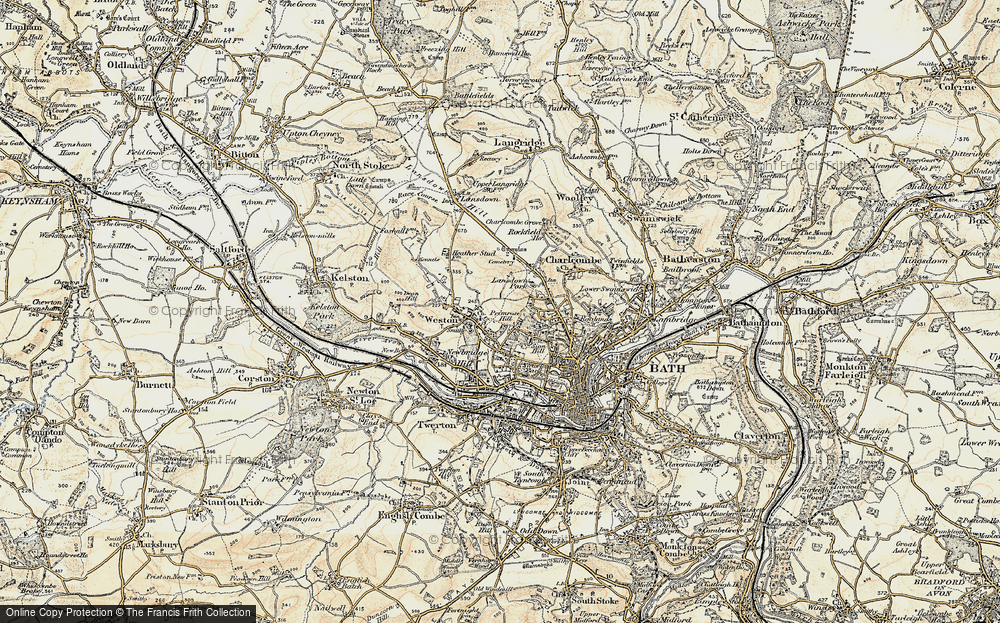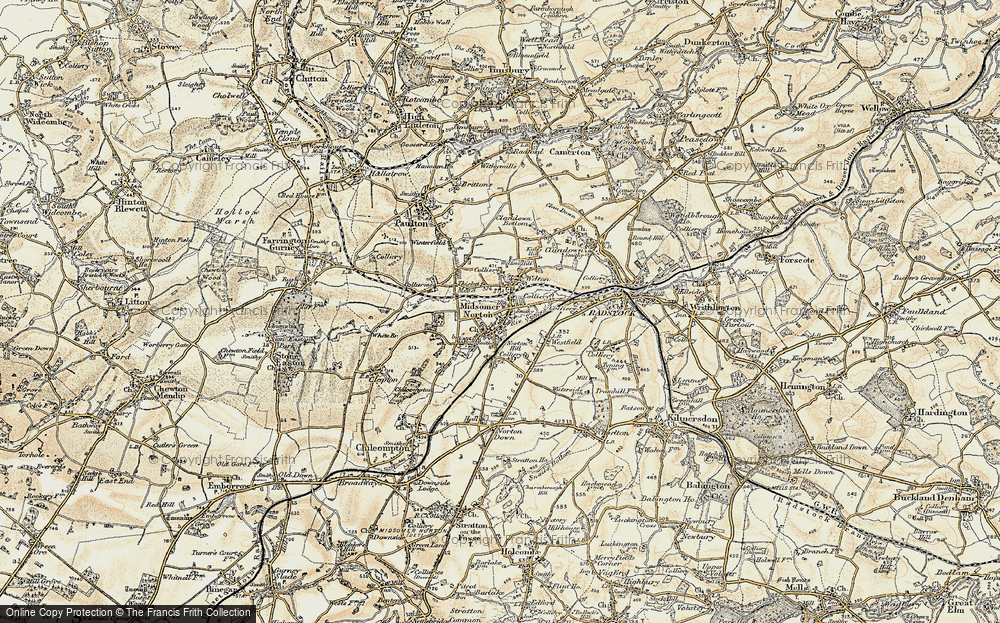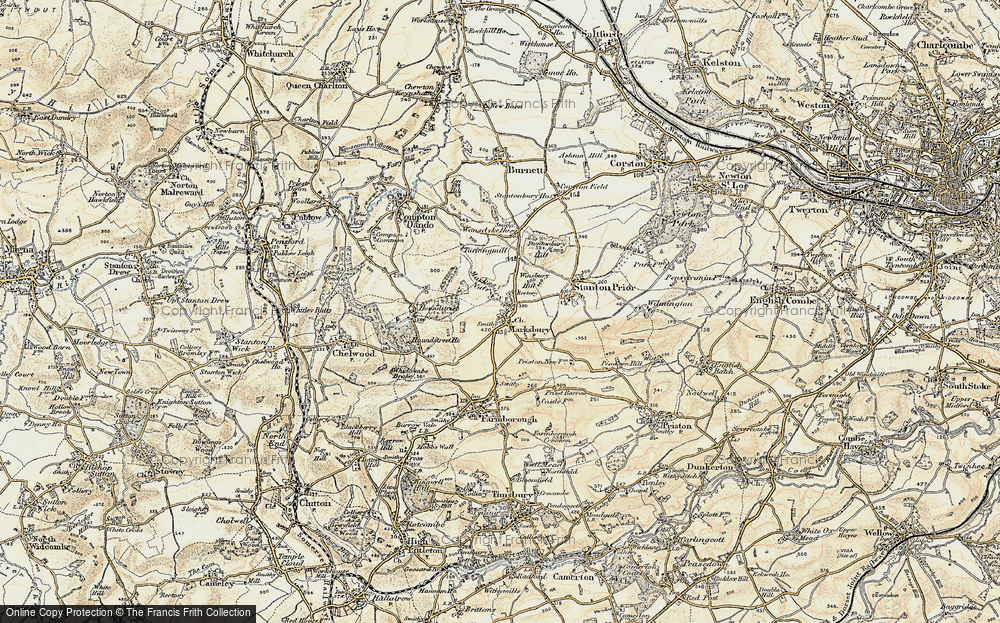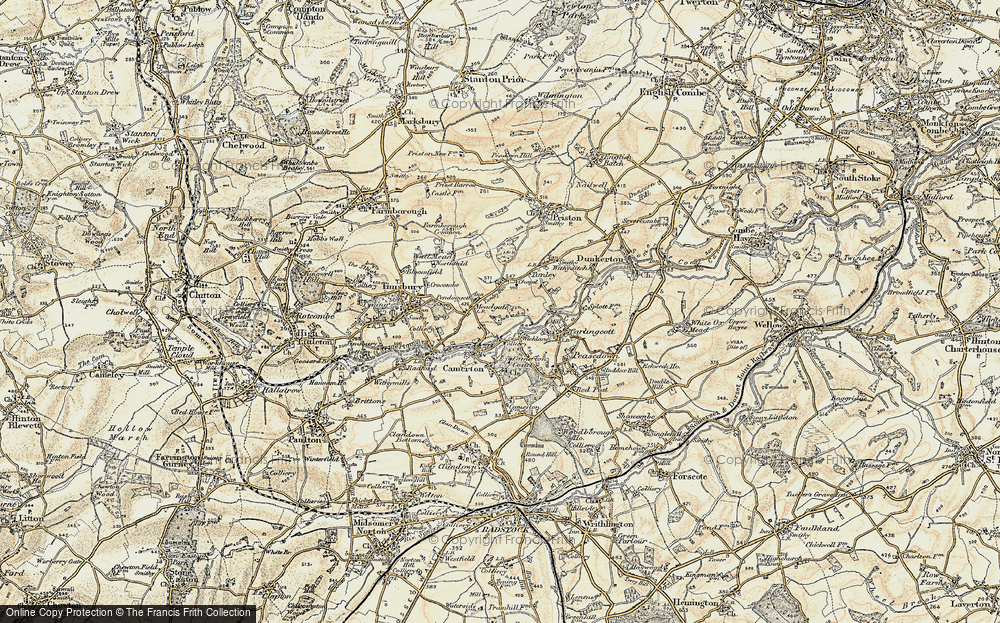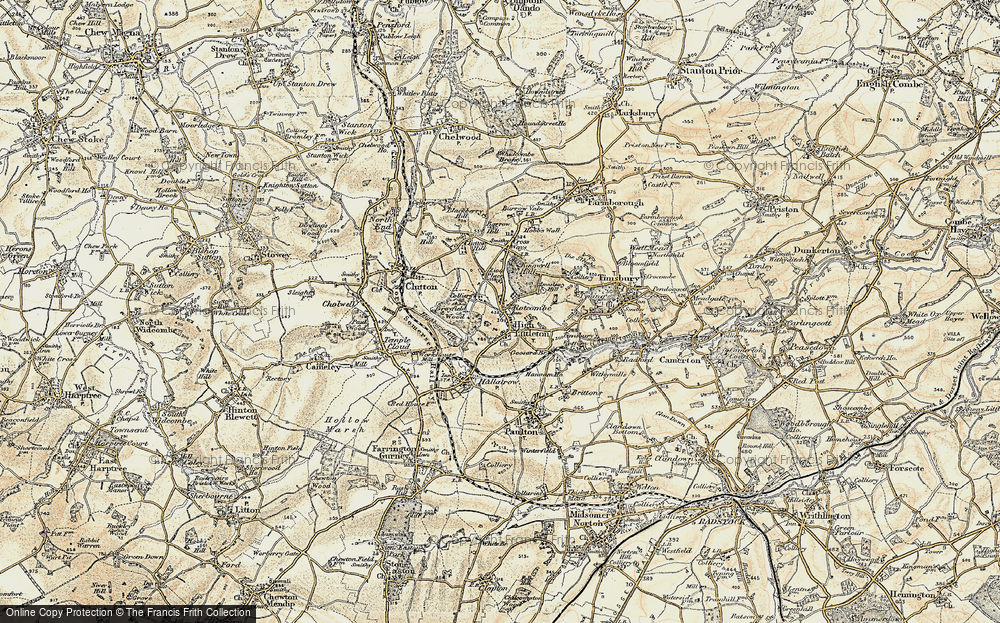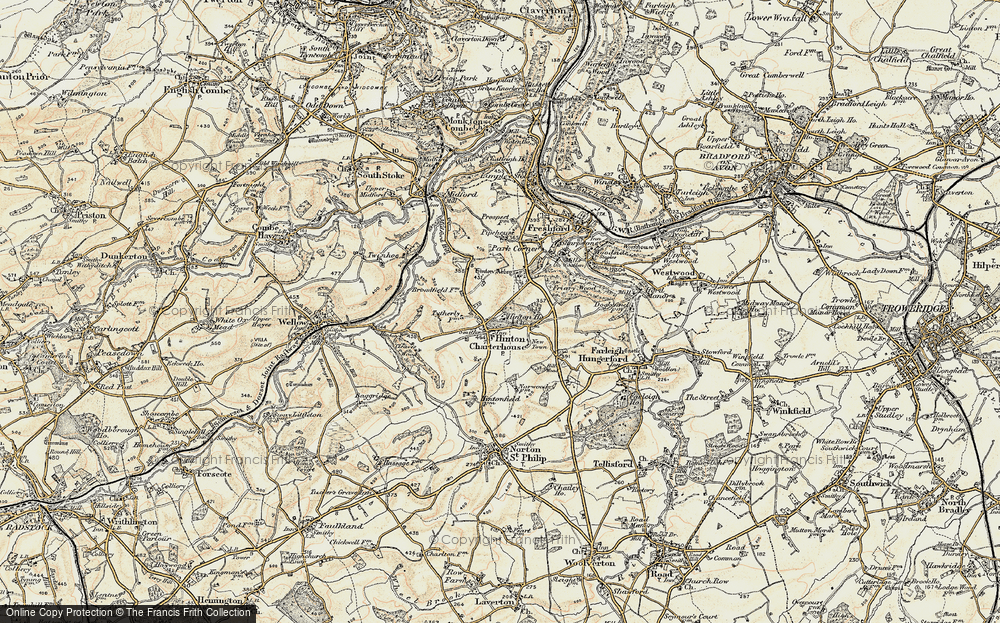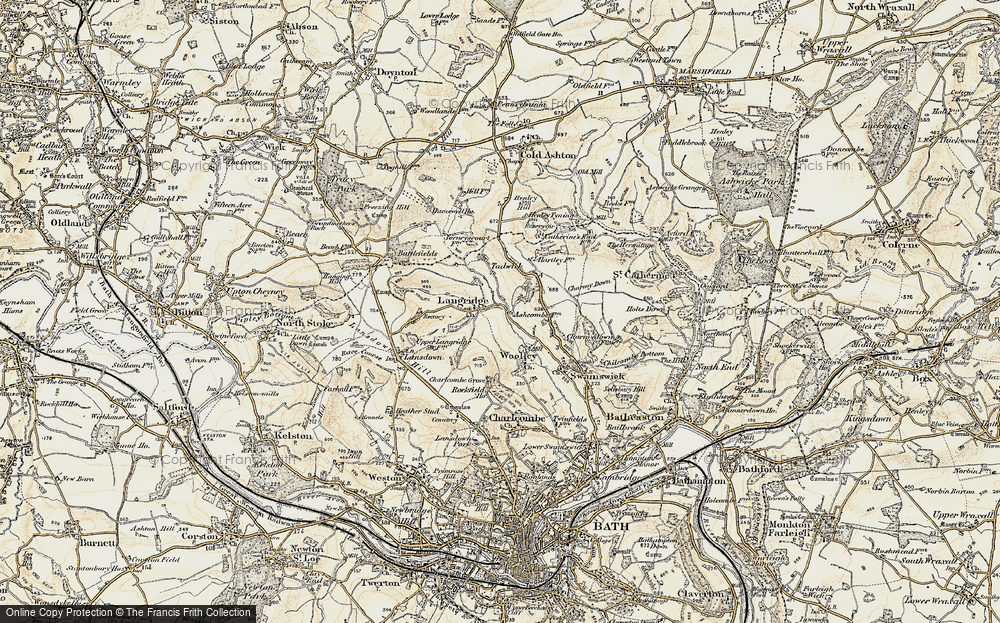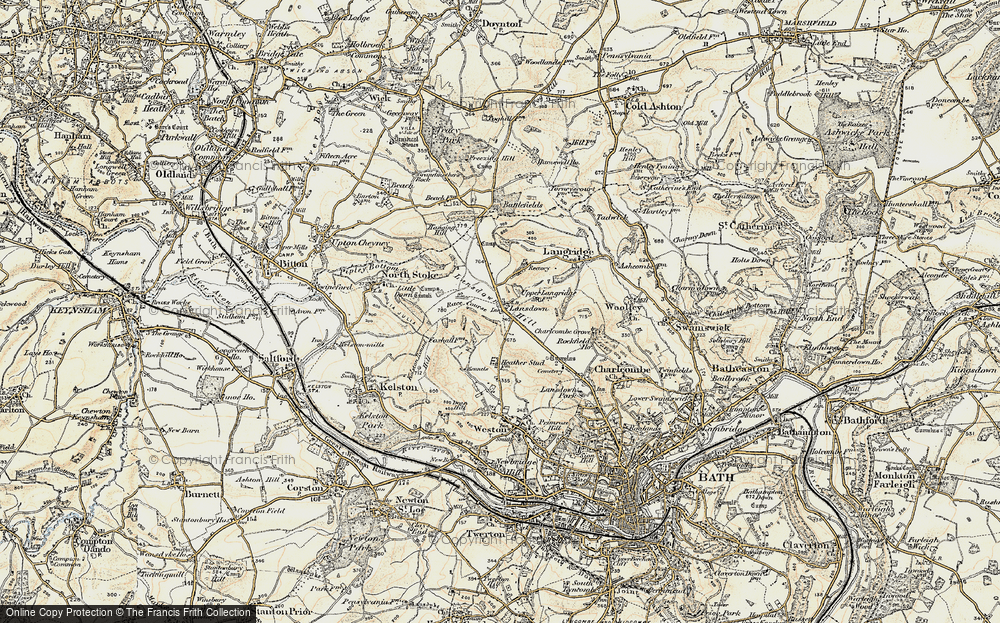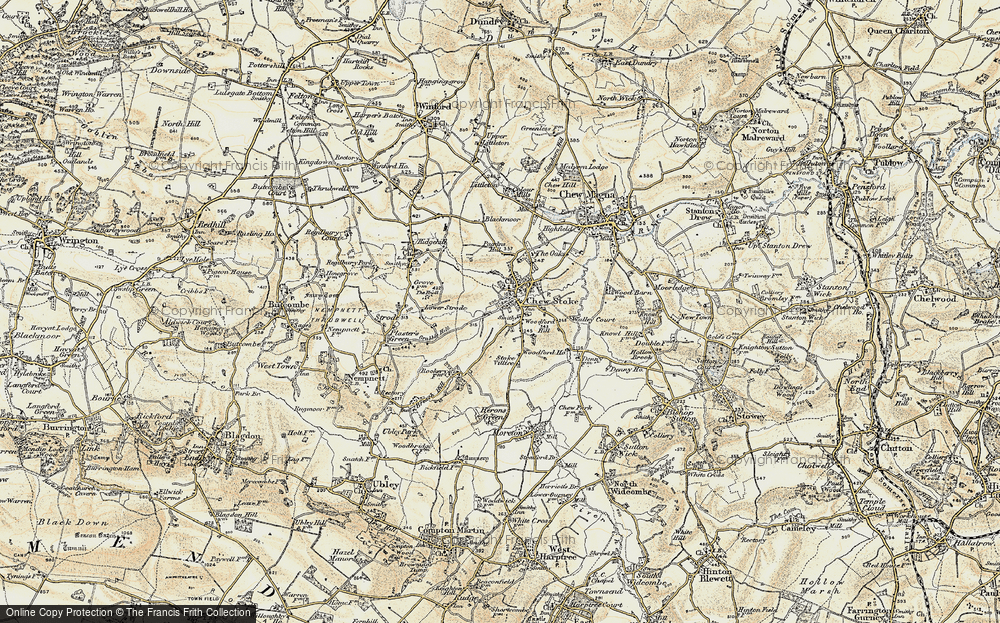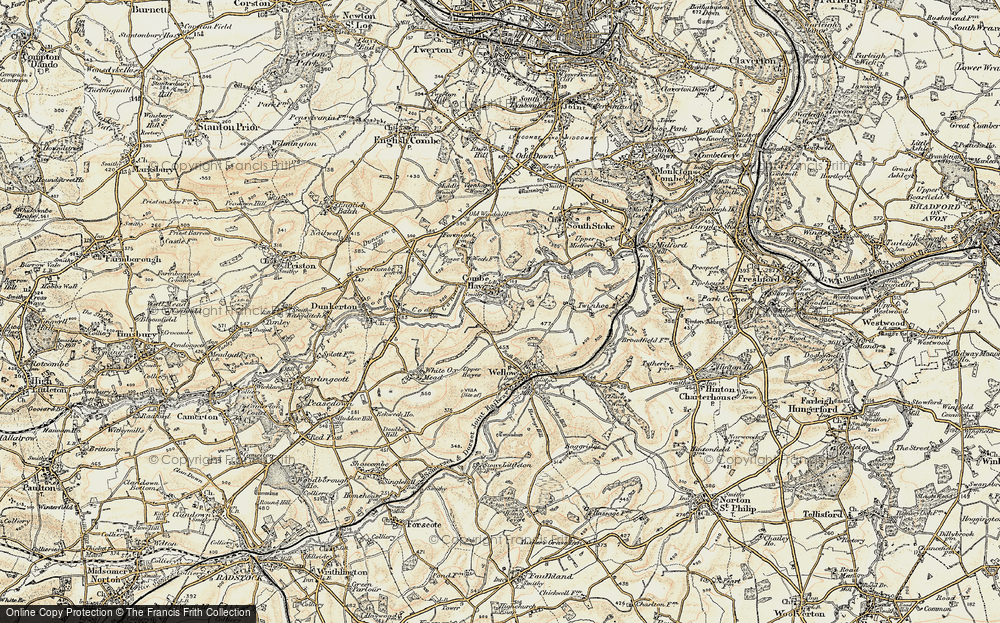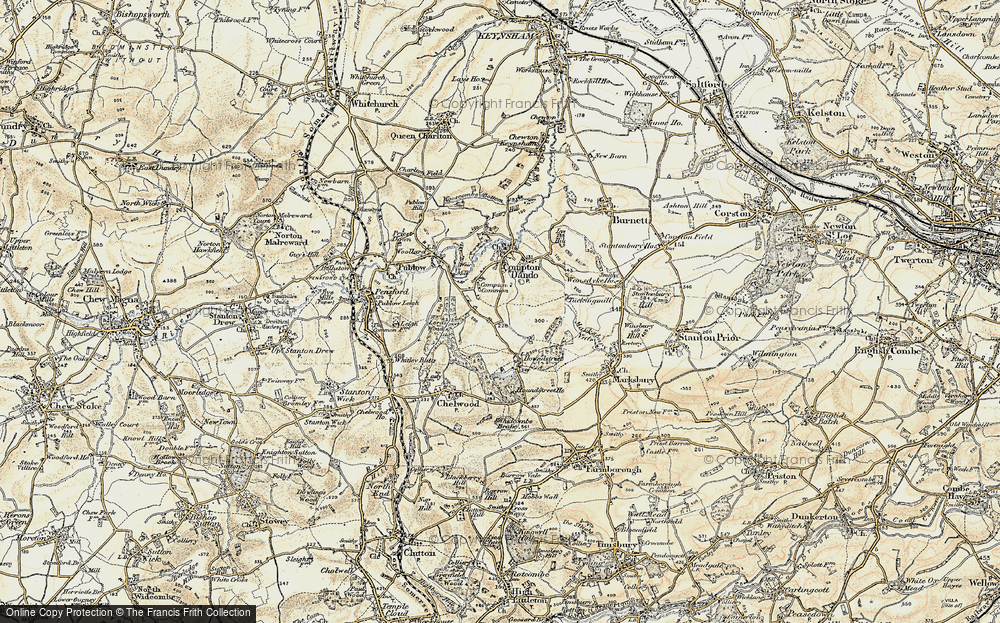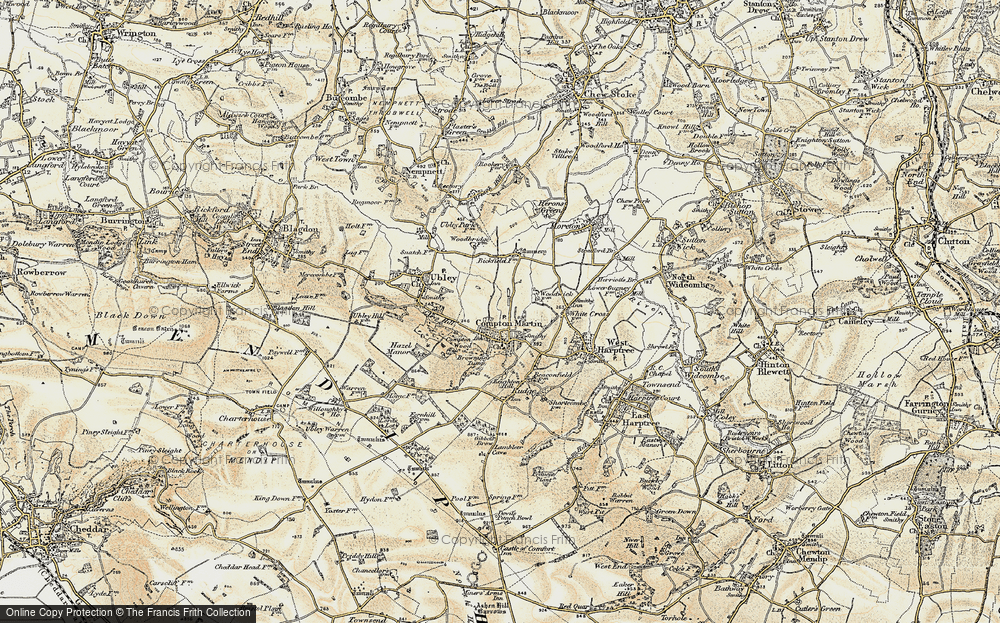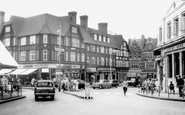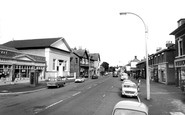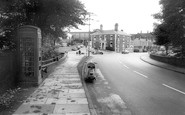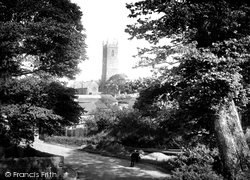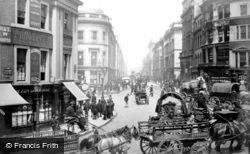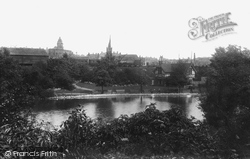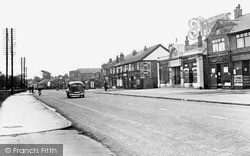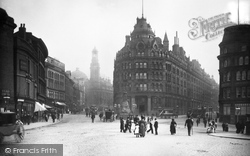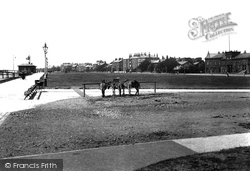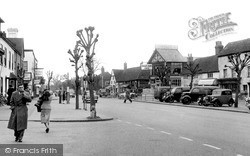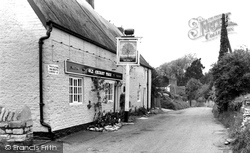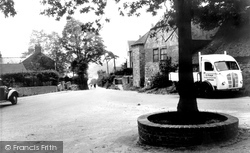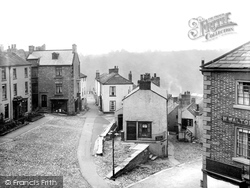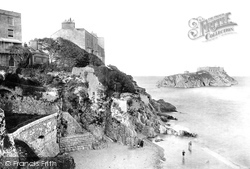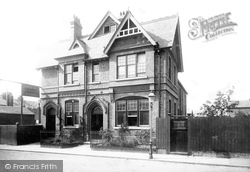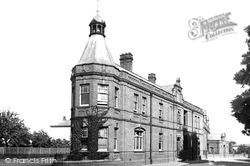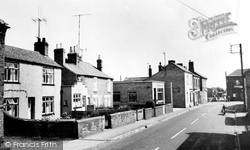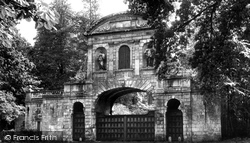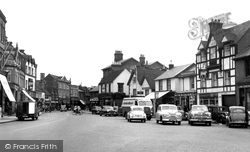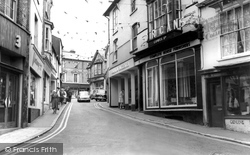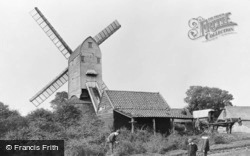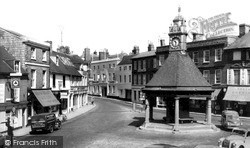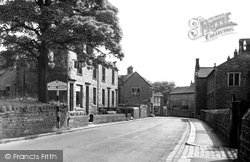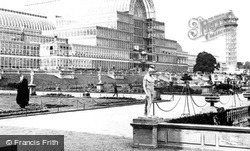Places
Sorry, no places were found that related to your search.
Photos
6 photos found. Showing results 141 to 6.
Maps
862 maps found.
Books
2 books found. Showing results 169 to 2.
Memories
1,131 memories found. Showing results 71 to 80.
Bonkle Road
Hi, my name is Robert and I have lots of memories of staying with my grandparents & aunt who lived on Bonkle Road, right next to the public bar called The Rowan Tree. Across the road was the bing or slag heap which was a adventure ...Read more
A memory of Newmains in 1955 by
Beir Kellor
does any one remember a bar in croydon town centre in the late 60/early 70 called the beir kellor i think it was just past where marks and spencers is now you had to go down some steps to get i used to go there but cant find any reference to it
A memory of Croydon by
Bachpann
I remember as a child flattening out card boards boxes, as we lived on Great Arthur Street, Smethwick, the gardens led onto the canal banks and my brother and my cousins used to slide down to the bottom - what a thrill - and trying to ...Read more
A memory of Smethwick in 1968
Apprenticeship Power Samas. ( Ict)
Henry's Coffee Bar The Greenery. Burtons Dances/Disco.
A memory of Dartford by
Yuk1950s 1960s
I remember my mother buying a hot black pudding in Bury Market and giving half to me and the other half to my sister. It was absolutely freezing weather and it was used as much to keep our hands warm as for food. I can't even bear ...Read more
A memory of Salford in 1952
Youthful Memories From A Member Of A 1960s'' Bromley Band
In the 1960s, in my late teens, Bromley was the hub of my universe. I played in a local group - Paul and the Playboys (later 'The Machine' - I had a 1958 Ford Popular with 'The Machine' ...Read more
A memory of Bromley in 1964 by
Youth Club
Dear Paul, I feel I should know either you or your brother but don't. However, the Youth Club was originally Little Sutton library and prior to that the reading room. I remember going there to choose my books from a very young ...Read more
A memory of Little Sutton in 1965 by
Younger Days
I was born in Newton-le-Willows in 1946 and 21 years later married Jackie Emms from Newton-le-Willows also. During that time we would often spend the evening having a drink in the "Leigh Arms" cocktail bar (see photo). In ...Read more
A memory of Newton-le-Willows in 1946 by
Young Rascals And The Market Square
I have lived most of my life in Australia, Hong Kong and more recently Japan. However memories of Dear Old Consett will live on eternally. I was born in Medomsley Road in December 1945 and later moved to West ...Read more
A memory of Consett in 1955 by
Year Of The Appendix
During that summer my family made a trip to stay at Mount Edgcumbe for a fortnight or so, my mum being a distant relative of the occupying family, so to speak. On the journey down the A.38, (no M5 then), I ...Read more
A memory of Mount Edgcumbe Country Park in 1961 by
Captions
252 captions found. Showing results 169 to 192.
The conspicuous tower of St Margaret's has long been used as a landmark by mariners negotiating Bideford Bar at the entrance to the Torridge estuary.
This photograph shows the Cannon Street end of King William Street, which heads south-east from the Mansion House towards London Bridge.
Had the Lancashire, Derbyshire & East Coast Railway had its way, their main line would have run from Warrington to Sutton-on-Sea.
Continuing south towards Worksop on the A60, the route reaches Langold, situated a mile south of Oldcotes.
The Frith photographer is standing outside the Cathedral and looking back at the Victoria Buildings and its Hotel.
The Long Hoe, or Lytham Green, has been preserved over the years, and is one of the great amenities of the town.
North-east of Guildford and now by-passed by the A3, Ripley has a long wide High Street and was full of coaching inns in earlier days.
The Old Cherry Tree Inn, one of two pubs in Great Houghton, is a cosy village hostelry with quaint beams and plenty of character.
Borough Green was once a hamlet in Ightham and Wrotham parishes, six miles to the east of Sevenoaks.
In the centre is a fish and chip saloon; to its right is the narrow wynd called The Bar, and on the railings is an advertisement for wet fish on sale in the basement of No 1 New Road.
Traditionally in the ownership of wealthy occupants, the private steps leading down to the beach still belong to these houses, except those on the extreme left.
In the highly stratified society of Alderley Edge village, the Liberal Unionist Club in Stephen Street was for the village`s tradesmen.
The foundation stone of this building was laid with two gold sovereigns beneath it, not in the north-east corner but at the southern end of the building, in 1889.
The Midland Bank is no more, but the flat-roofed building that sticks out like a sore thumb is still there.
The Midland Bank is no more, but the flat-roofed building that sticks out like a sore thumb is still there.
Temple Bar was designed by Sir Christopher Wren in 1672, to replace the earlier City of London gate destroyed by the Great Fire, and was the last of the old gates to survive.
Frith's photographer looks south down the High Street from the Broadway.
The High Street leads to Shooters Hill, which was once a very swampy area. The buildings are shaped here to follow the curve of the road. The first shop on the right is now a florist.
Temple Bar was designed by Sir Christopher Wren in 1672, to replace the earlier City of London gate destroyed by the Great Fire, and was the last of the old city gates to survive.
The photograph shows the mill in full working order, but idle; the mill door is closed, with the security bar in place.
The Clock Tower pub on the extreme left is now called Broadways, while next door to it A W Luff is now a post office and convenience store.
The sign tells us that Gisburn Road leads to Clitheroe, hub of the Pendle Forest area. Stone walls, finials, setts, dripstones and lintels characterise Chatburn and the neighbouring villages.
This monumental glass pleasure dome was created in Hyde Park by Joseph Paxton for the Great Exhibition of 1851. 2,000 workers erected it at high speed, bolting and welding together 3,300 iron columns
This monumental glass pleasure dome was created in Hyde Park by Joseph Paxton for the Great Exhibition of 1851. 2,000 workers erected it at high speed, bolting and welding together 3,300 iron columns
Places (0)
Photos (6)
Memories (1131)
Books (2)
Maps (862)


